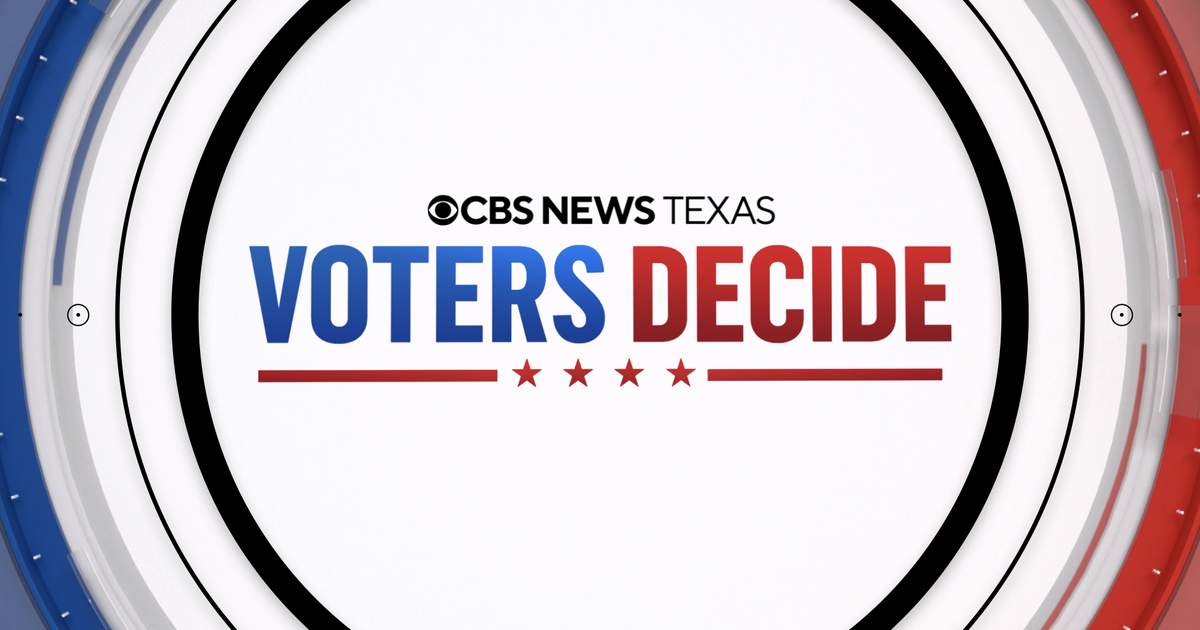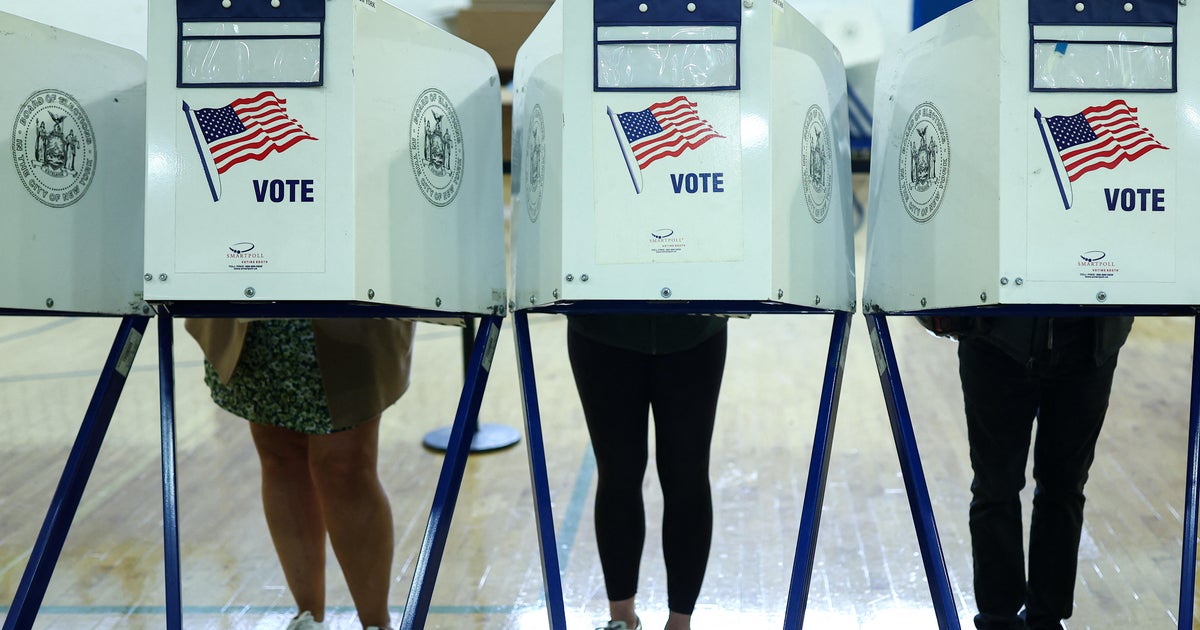Kamala Harris' candidacy could attract more Asian American voters to support Biden
Kamala Harris' vice presidential candidacy is a litany of firsts. She is the first Black vice presidential candidate and first Asian American candidate on a presidential ticket of either party. While Harris' identity as a Black woman is well-known, less attention is paid to her Asian American identity.
Harris is the daughter of a Jamaican-born father and a mother who emigrated from India to the U.S. Her first name, Kamala, is Sanskrit for "lotus." Harris has often talked about her mother, Shyamala Gopalan, a breast cancer scientist who was active in the civil rights movement in the 1960s.
"I'm the daughter of a mother who broke down all kinds of barriers. Shyamala Harris was no more than 5 feet tall, but if you ever met her you would think she was seven feet tall. She had such spirit and tenacity and I'm thankful every day to have been raised by her," Harris wrote on Instagram in May.
Harris also has ties to her relatives in India, as her mother often took her to India to visit their family there. In a recent interview with Reuters partner ANI, Harris' maternal uncle, Gopalan Balachandran, said Biden's announcement was a "historic day for the Indian community."
Harris' background may appeal to Asian American voters, who, according to the Pew Research Center, are the fastest growing demographic of eligible voters out of the major racial and ethnic groups in the United States. The 2016 post-election National Asian American Survey found that 1.1 million new Asian American voters cast a ballot in the last election.
Indian Americans have voted Democratic in the past. In 2016, 69% of Asian Americans as a whole voted for Hillary Clinton, while 77% of Indian Americans voted for Clinton, according to NAAS. In 2018, 50% of Indian Americans identified themselves as Democrats, according to AAPI Data, which provides demographic data on Asian Americans and Pacific Islanders.
"I think even before the Harris pick, Asian Americans were probably going to be on track for record increases in voter turnout," said Karthick Ramakrishnan, professor of public policy and political science at the University of California, Riverside, and director of the National Asian American Survey. Concerns about COVID-19 has led researchers to wonder whether voter participation will be lower this year, Ramakrishnan told CBS News, but Biden's choice of Harris was likely to further inspire Asian American voters.
"I think the Harris nomination will very likely increase turnout in the Asian American population, and particularly among young Asian Americans and even more so Indian Americans," Ramakrishnan said.
Ramakrishnan also noted that many key swing states in the 2020 election have high Asian American and Indian American populations. In Texas, 795,600 eligible voters make up 5.5% of the state's electorate. Out of that population, 161,326 are Indian American, according to AAPI Data. Asian Americans comprise 5.7% of the electorate in Minnesota, 4.7% in Georgia, 4.6% in Arizona and 3.7% in Florida.
The 2018 Asian American Voter Survey, conducted by AAPI Data and APIA Vote, found that an increase in Asian American candidates was the main factor in the increase of civic participation by Asian American voters that year.
"When Asian Americans are on the ballot, more Asian American voters do come out. ... It can also be assumed that the Indian American community especially or South Asians will be interested in learning more about her as a candidate," said Madalene Xuan-Trang Mielke, the president and CEO of the Asian Pacific American Institute for Congressional Studies, and the board of directors chair of ReflectUS, a non-partisan national coalition of women's organizations working to increase the number of women in office.
President Trump has made overtures to Indian Americans in particular. He has a friendly relationship with Indian President Narendra Modi, and in September held a "Howdy Modi" rally in Houston that had around 50,000 attendees. Mr. Trump visited India in February, where he attended a massive rally.
However, Ramakrishnan said that Trump administration policies to limit immigration, particularly the H1-B visa, could turn off Indian American voters. Ramakrishnan predicted that "whatever headway" the Trump campaign might have made with Indian American voters would likely be counteracted by Biden's choice of Harris as a running mate.
Ramakrishnan said that Harris' nomination would likely be "a net advantage for Democrats for many of these battleground states." She could also attract more young Asian American voters, a key constituency. As Asian Americans and Indian Americans already lean Democratic, Ramakrishnan said Harris' candidacy led to an "acceleration of some trends that were already underway."
Some Republicans in Mr. Trump's inner circle have also promoted the false claim that Harris is ineligible to be vice president, even though Harris was born in the United States. This echoes the false "birther" theory, supported by Mr. Trump, that questioned President Obama's citizenship.
Mielke said that many Asian Americans have their citizenship questioned simply because of their appearance, calling it the "perpetual foreigner myth that we constantly have to battle." She said that she hoped Harris' nomination would show that the children of immigrants are as American as anyone else.
"Being a child of immigrants, that is something that a lot of the community sees in themselves," Mielke said about Harris.
Harris may also inspire more Asian Americans to run for office. A record number of Asian Americans and Indian Americans were elected to Congress in 2018. Mielke hopes that seeing representation at the highest level may encourage others to run.
"It's a really historic moment," Mielke said about Harris' nomination. "I hope this opens the door for many more Asian American candidates and especially more Asian American and Pacific Islander women to run and feel that they have the access to do that."



